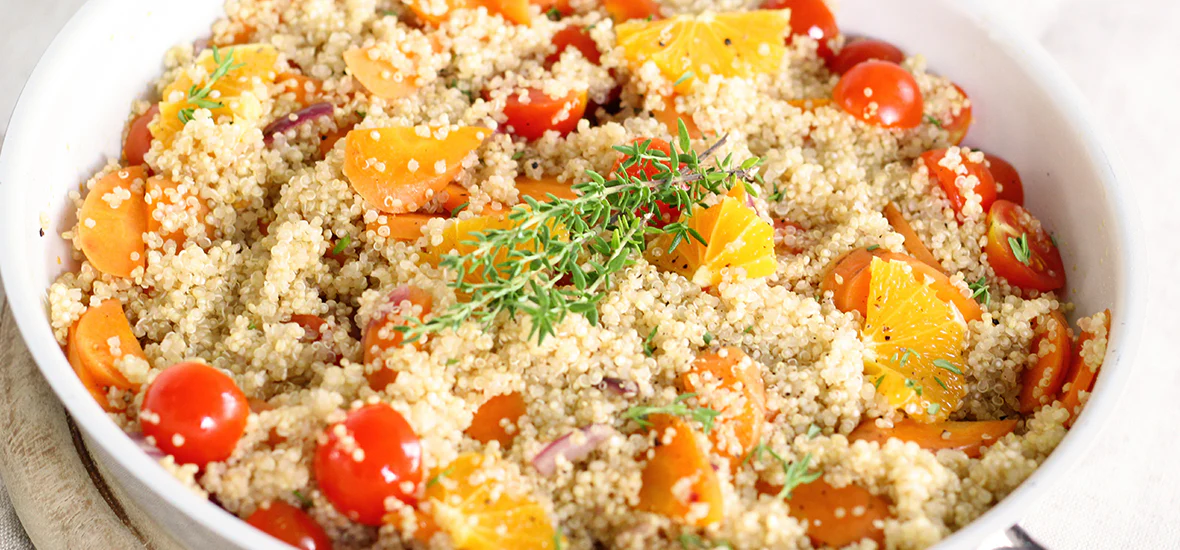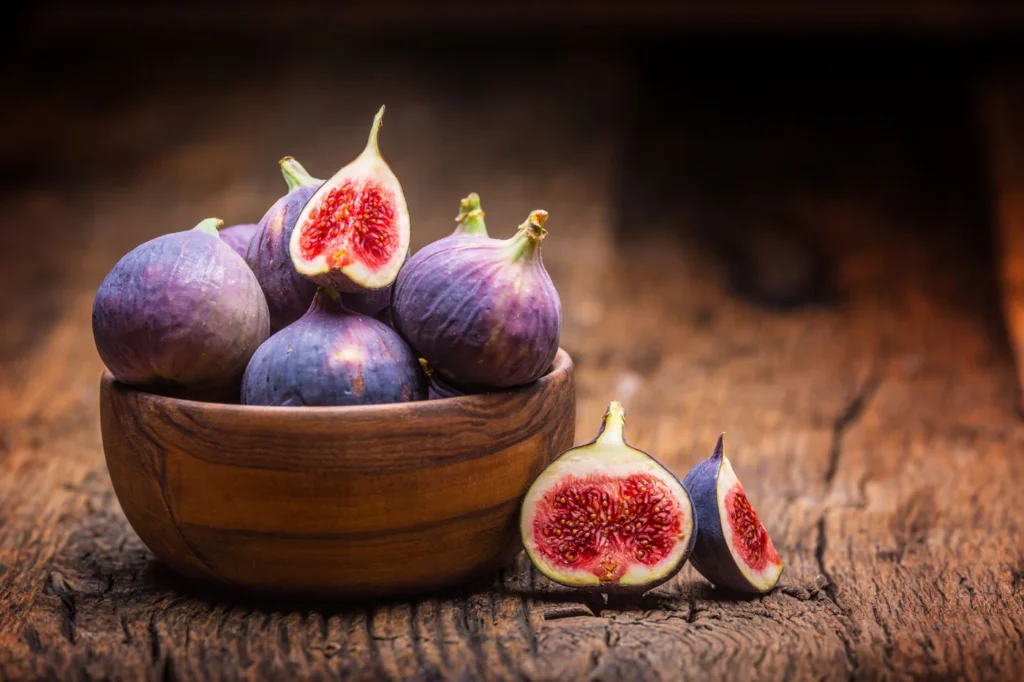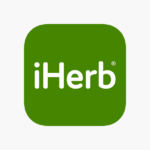Collagen: What is it? The significance of it and five vegetarian sources

Collagen: What is it? The significance of it and five vegetarian sources

When it comes to skin elasticity, joint health, and even gut function, one protein seems to steal the spotlight — collagen. Often touted in the beauty and wellness world, collagen is far more than a trendy supplement. It’s a crucial component of our bodies, playing a structural role in everything from skin and bones to muscles and connective tissue.
But if you follow a vegetarian lifestyle, you might wonder how to support your collagen levels without resorting to animal-based sources. The good news? Your body can still produce collagen naturally — provided you nourish it with the right nutrients.
What Is Collagen?
Collagen is the most abundant protein in the human body, accounting for about one-third of its protein composition. It’s often referred to as the “glue” that holds everything together. Found in skin, ligaments, tendons, cartilage, and bones, collagen provides structural integrity and strength.
There are several types of collagen, but about 80–90% consists of types I, II, and III:
- Type I: Found in skin, bones, tendons, and ligaments.
- Type II: Located in cartilage.
- Type III: Found in skin, muscles, and blood vessels.
As we age, our natural collagen production begins to decline — typically around the age of 25. Environmental factors like sun exposure, smoking, and poor diet can accelerate this decline, leading to signs of aging such as wrinkles, joint stiffness, and brittle hair or nails.
Why Is Collagen Important?
Here are a few key reasons collagen is essential for overall well-being:
- Skin Health: Collagen keeps the skin firm, smooth, and hydrated. Reduced levels are directly linked to the development of fine lines and sagging.
- Joint and Bone Support: It cushions joints and gives bones their structure. Lower levels can contribute to stiffness and an increased risk of fractures.
- Gut Health: Collagen may help strengthen the intestinal lining, which is beneficial for digestive health and conditions like leaky gut.
- Hair and Nails: It supports healthy hair growth and reduces brittleness in nails.
- Muscle Mass: Since collagen is a key component of muscle tissue, it’s essential for muscle strength and function.
5 Vegetarian Sources to Boost Collagen Naturally
While traditional collagen supplements are derived from animal bones or fish skin, vegetarians can still support collagen synthesis through plant-based foods that are rich in the building blocks of collagen: amino acids (especially glycine, proline, and lysine), vitamin C, zinc, and copper.
Here are five excellent vegetarian sources that help stimulate collagen production:
1. Citrus Fruits
Vitamin C is vital for the synthesis of collagen. It acts as a cofactor in the hydroxylation of collagen molecules, helping them maintain their stability and structure. Oranges, lemons, grapefruits, and limes are rich in vitamin C and can help trigger natural collagen production.
2. Soy Products
Soy contains genistein, a plant-based compound that may increase collagen production and block enzymes that break down existing collagen. Incorporating tofu, tempeh, and soy milk can be beneficial for both skin and joint health.
3. Leafy Greens
Spinach, kale, and Swiss chard are loaded with antioxidants and nutrients like vitamin C and chlorophyll, which may help increase the precursor to collagen in the skin. They’re also packed with iron and magnesium, which are essential for skin regeneration.
4. Nuts and Seeds
Pumpkin seeds, chia seeds, almonds, and cashews are rich in zinc and copper, minerals that play key roles in collagen formation. They also contain healthy fats that support skin hydration and elasticity.

5. Berries
Blueberries, strawberries, and raspberries are packed with antioxidants and vitamin C. These help protect existing collagen from damage caused by free radicals and also promote the production of new collagen fibers.
Final Thoughts
While collagen itself isn’t found in plant-based foods, the body’s ability to produce it can be supported with a well-rounded vegetarian diet. By focusing on nutrients that aid collagen synthesis — particularly vitamin C, amino acids, zinc, and copper — vegetarians can maintain youthful skin, strong joints, and a healthy gut naturally.
Whether you’re aiming for glowing skin or joint longevity, collagen plays a central role. And the best part? You don’t need meat or fish to keep your collagen levels thriving — just smart, plant-powered nutrition.









